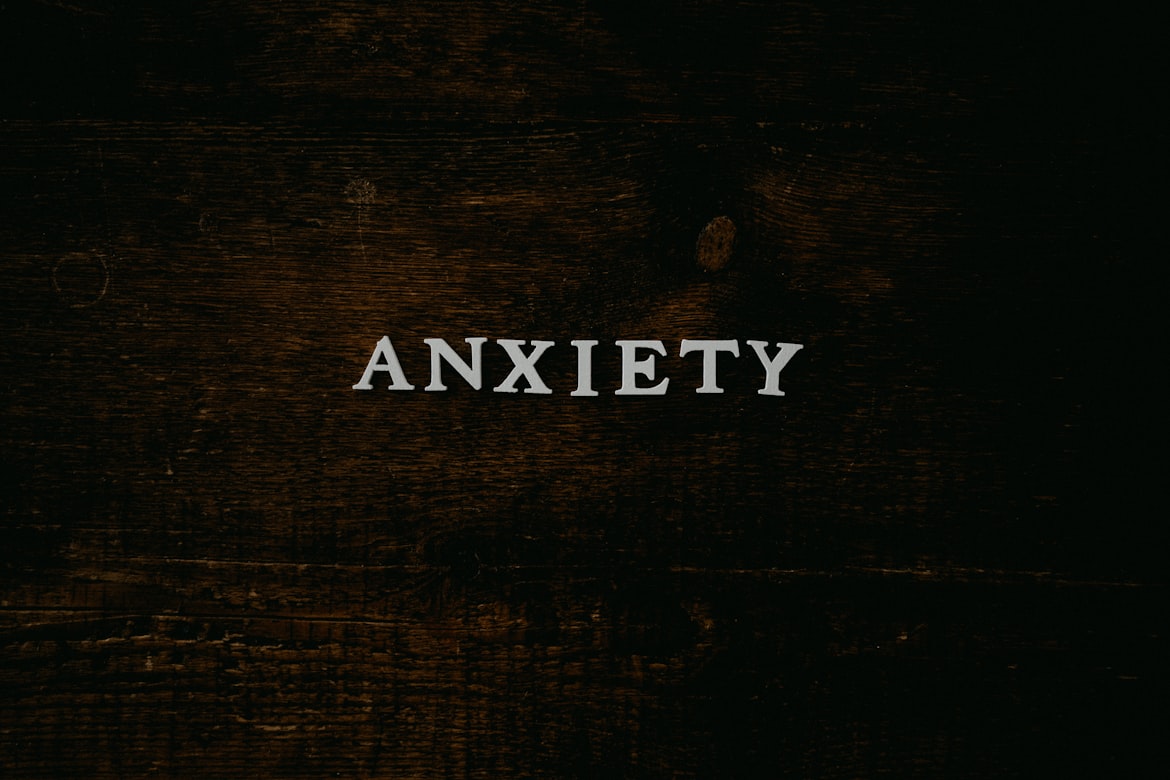Dealing With Anxiety
Anxiety is a normal and often healthy emotion. However, when a person regularly feels disproportionate levels of anxiety, it can become a disabling condition. Anxiety disorders are the most common and pervasive mental disorders in the United States. The good news is that they are also among the most treatable. There are many strategies for coping with and managing anxiety. Here are some tips that may help:
-
Identify the cause of your anxiety: The first step in coping with anxiety is to identify what is causing it. Is it a specific event, such as a job interview or a presentation, or is it a more general feeling of unease? Once you know what is causing your anxiety, you can take steps to address it.
-
Practice relaxation techniques: Deep breathing, progressive muscle relaxation, and visualization are all relaxation techniques that can help reduce anxiety. These techniques involve focusing on a specific body part or image and tensing and relaxing the muscles in that area.
-
Exercise regularly: Exercise has been shown to be effective in reducing anxiety. It can help to improve your mood, reduce stress, and increase feelings of well-being.
-
Get enough sleep: Lack of sleep can contribute to anxiety. Try to get at least seven to eight hours of sleep each night.
-
Eat a healthy diet: A healthy diet can help to reduce anxiety. Eat plenty of fruits, vegetables, and whole grains, and limit your intake of sugar, caffeine, and alcohol.
-
Talk to someone: Sometimes, simply talking about your feelings with a friend or family member can help to reduce anxiety. You can also seek the help of a mental health professional, such as a therapist or counselor.
-
Avoid or limit caffeine and alcohol: Caffeine and alcohol are stimulants that can increase anxiety. Try to limit your intake of these substances, or avoid them altogether.
-
Practice good self-care: Take breaks, set boundaries, and engage in activities that you enjoy. Good self-care can help to reduce stress and improve your overall well-being.
-
Seek professional help: If your anxiety is disrupting your daily life, it may be helpful to seek the help of a mental health professional. A therapist or counselor can provide you with the tools and support you need to cope with anxiety and improve your quality of life.
Remember, it is normal to feel anxious from time to time, but if anxiety is disrupting your daily life, it is important to seek help. There are effective treatments available that can help you manage your anxiety and improve your quality of life.


